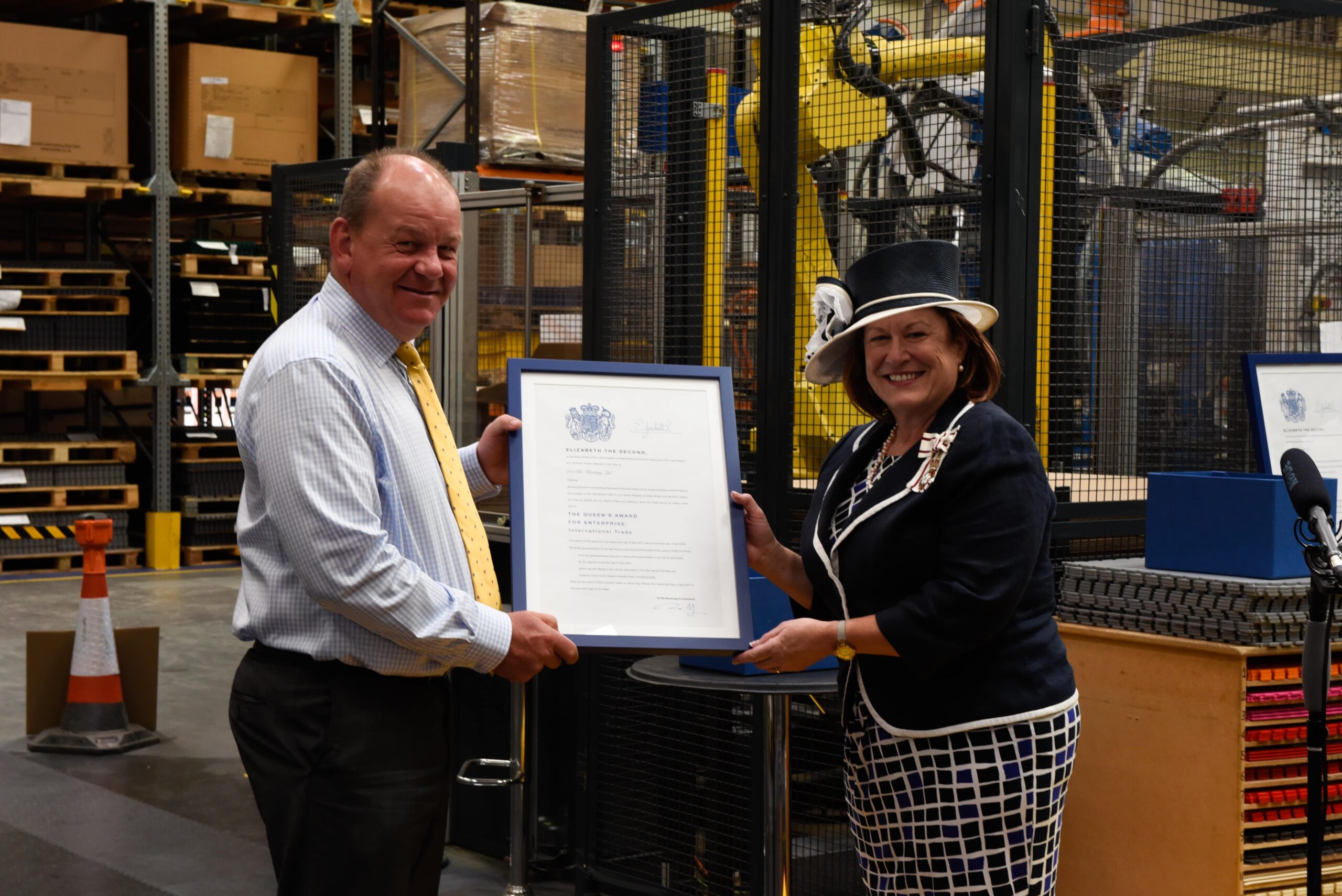
Yes, technology SHOULD be driven by humans, but in many ways, we’ve become so dependent on it that IT compels us. Take social media for example.
The stated aim when Facebook launched was to facilitate connections between people and a lot of idealistic rhetoric was spouted about everyone becoming more broad minded through association with people they wouldn’t usually talk to. What actually happened was that groups of people who already share similar points of view found each other and didn’t search for anything that challenged the way they thought. Hence the total disbelief by Remainers that a small majority had voted to leave the EU. Or the global surprise that Donald Trump was elected President of the United States.
The issue has much further reaching consequences however, as recently highlighted by Dan Nixon, a senior analyst at the Bank of England. The UK’s poor productivity has been a concern for years and many reasons for it have been put forward. The latest hypothesis holds Smartphones responsible. Not only do we waste time at work browsing our social media channels but we are distracted by incoming work emails when we are trying to concentrate on something and it takes a long time to refocus. Click here for the full story.
And what advantages would you have to benefit from to agree to be microchipped by your employer? 32M, a tech company based in Wisconsin recently offered microchip augmentation for its employees. Benefits included being able to open doors, access computers and to purchase lunch in the canteen, all from the palm of your hand. For these reasons, implants could be seen as relatively harmless and of course there are various benefits to having augmentation technology, especially from a medical perspective.
However, one area of concern is the potential lack of security. How safe are implants? Can they be hacked? Can their individual “fingerprint” be replicated to other implants? Are there any measures to prevent fraudulent behaviour? The advent of Blockchain could potentially combat all of these hazards but it’s still uncertain. Read our post about Blockchain
The second issue is access. If implants are brought into mainstream use, we would potentially be giving power to businesses, banks and governments over our own personal being. Exploitation could follow meaning that overseers and third parties could simultaneously have information regarding our bank accounts, health records and even current location. This doesn’t even cover the absurd implications and politics if certain organizations decide to use their own bespoke implant systems.
Power to the people
It’s easy to understand why people are worried we’re giving technology more control over our lives. It’s becoming a crutch rather than a tool, spellcheck is one example as to why people may not even put any effort into learning to spell or use grammar properly. How long will it be before we lose the ability to read maps effectively? The warnings by people like Stephen Hawking about A.I. and robots slowly taking all our jobs is a preventable one. Stephen Hawking predicts AI will destroy the human race The power is in our hands to make technology that cooperates with us rather than dominates us.
Digital voice assistants like Alexa or Siri are already doing just that. Alexa and Siri develop as they learn how humans communicate, even injecting humour and sarcasm into phrases to be more relatable. Google is now able to predict search queries before you actually type them.
The goal we should be striving for is to create technology that is not only functionally excellent but also ethical and ‘human-like’.
Symbiosis with Technology
Rather than be worker drones that carry out tasks with only a logical approach robots and other forms of technology perform based on ethics as well. This shifts our cyber-workers from subordinates to colleagues, meaning they are more likely to collaborate than just take over or follow orders.
Consequently, machine learning in terms of artificial intelligence is still in a relatively developmental stage. Many industry experts are even dubbing its current state as not replicating organic thought as it “isn’t based on truth”.
The potential for technology to dramatically improve our lives is enormous and while there are valid concerns around security and autonomy it is down to us to develop this technology ethically and intelligently so we all see the benefits rather than just a few global corporations who only see dollar signs.

CEO and founder James Gedye has established Ecotile as the leading provider of interlocking floor tiles to the UK and around the world. Founded in 1996 from his bedroom turned office, James has built Ecotile into a multi-million-pound business, with sustainability still at the heart of his vision.
Based in Luton, Bedfordshire, Ecotile remains a privately owned UK manufacturing company, precision engineering all products in a purpose-built ISO accredited factory.
Leading the company to 2 prestigious Queens Awards in 2017 for Enterprise for Innovation and International Trade, these accolades underline James’ desire to create the highest quality products and fly the flag for British manufacturing. Working directly with leading businesses for over 25 years, James’ Ecotile brand has become synonymous with trust.
Used by 1000s of leading businesses, trusted by the MoD and specified by contractors, Ecotile floor tiles can be found across the world.
Connect or follow James on LinkedIn…

